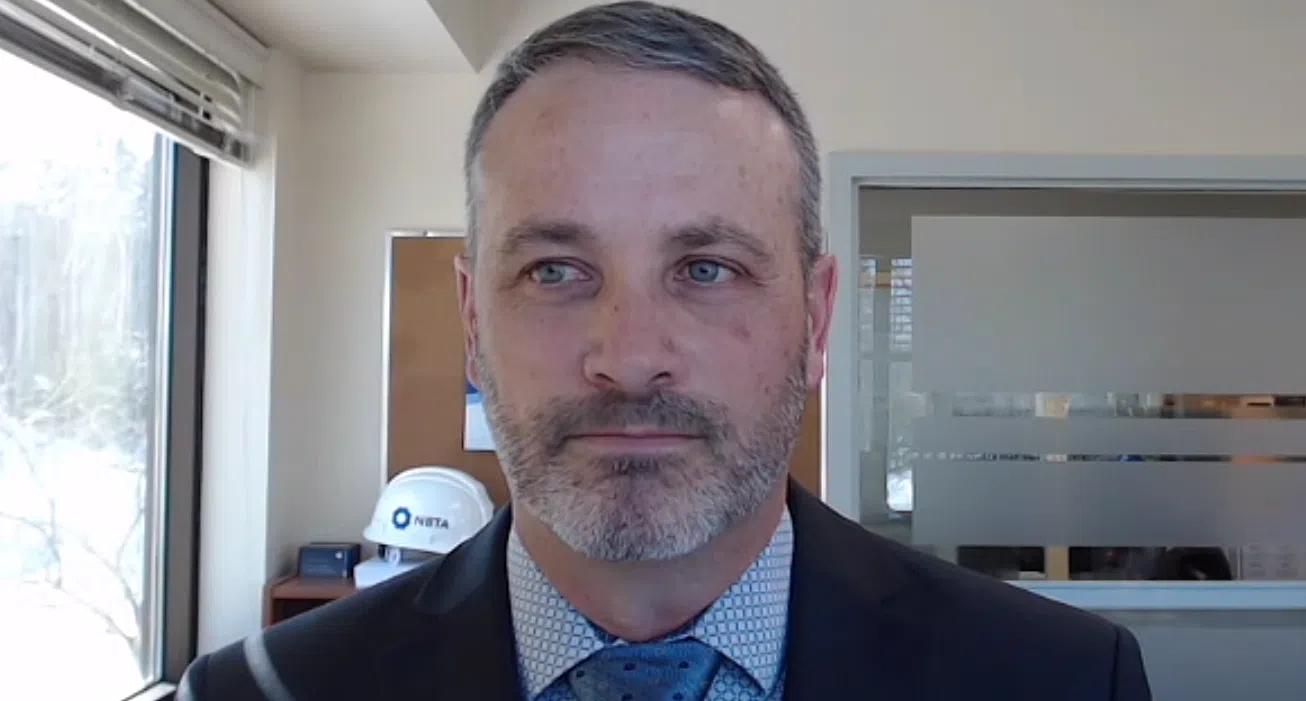The New Brunswick Teachers’ Association is once again reiterating a need for government action on the growing education crisis.
President Peter Lagacy says teacher shortages and classroom challenges are escalating and there is a need for investments in teacher retention, classroom complexity management, professional empowerment, and the prioritization of certified educators.
“Our message is simple, strong schools start with supported teachers,” said Lagacy. “If we want a thriving, high-performing public education system, we must invest in the professionals who dedicate their lives to educating the next generation.”
He says not much has changed since the last plea from the association to the previous provincial government.
“We’ve got some conversations happening, but as far as the outlook, it remains the same. We need some real commitment, some immediate action to address it. It seems like we’re still playing catch up,” Lagacy says.
The association has found nearly 1,000 teachers are expected to retire from anglophone classrooms within the next three years, while fewer than half of Bachelor of Education graduates are choosing to remain and teach in the province.
The number of uncertified individuals filling teaching roles in the anglophone sector has increased dramatically, rising from 132 in fall 2024 to 192 by January.
“In the anglophone system, I can speak to all four districts having different requirements for someone to get onto a supply teacher list. It varies anywhere from two years post-secondary to a four-year degree,” he said.
“They don’t have an education degree. They don’t have a Bachelor of Education. So they’re missing a lot of the pedagogy and learning how to, perhaps, read a curriculum document, understand it, and understand the PLPs and the classroom management piece as well.”
He adds that the association has spoken to teachers about classroom composition and complexity concerns, and they say it’s having an impact.
“Hearing from teachers around the province, the current conditions just aren’t sustainable and we need to do something,” he said.
“We see teachers retiring early, and just thinking about how their profession and how the job has changed. I would say over the last five years, it hasn’t gotten any easier, that’s for sure.”
Some of the retention and recruitment strategies include increasing flexibility within teachers’ schedules and providing mechanisms to support healthy and safe work environments, incentivizing those who remain in the teaching profession through enhanced compensation, and rebates for graduates who get a Bachelor of Education from an accredited Canadian university after they work as a certified public school teacher in New Brunswick for a determined period to offset tuition costs.
The association is also urging the government to implement actions that will address class composition with more specialized support, so that teachers may meet the needs of all students and work towards setting up today’s students for future success.
The NBTA has prepared a pre-budget document and has submitted it to the provincial government.








